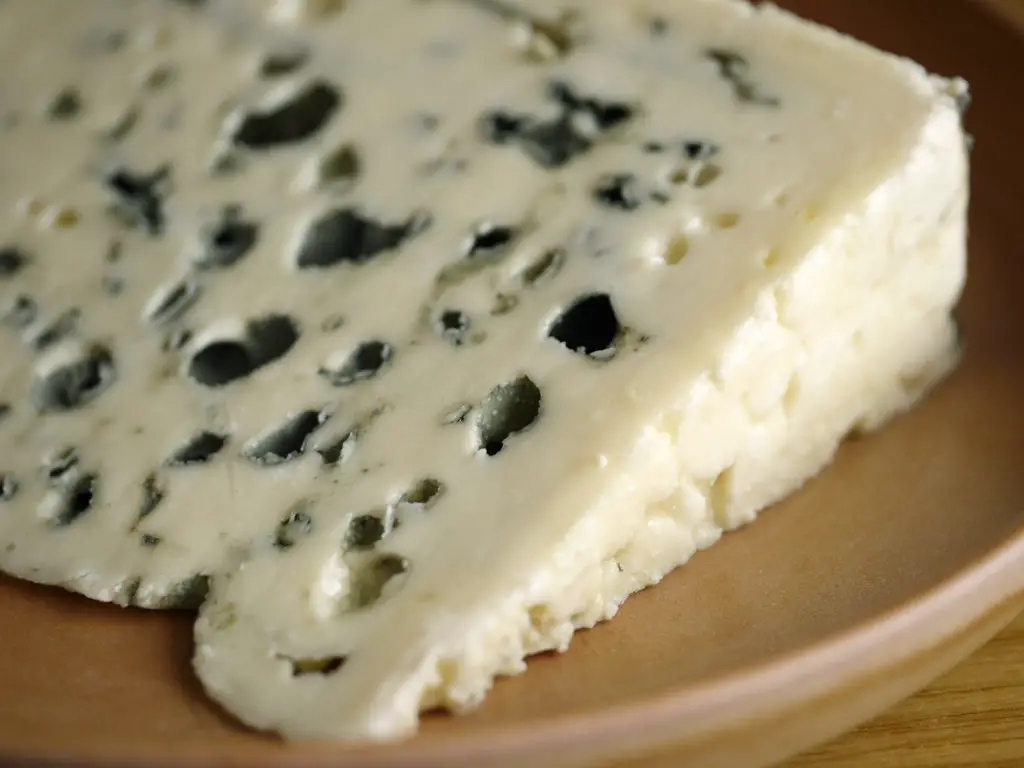If you ever have taken a good look at the cheese section in your grocery store, you probably know the vast variety of cheeses available. In my grocery store, there is the specialty cheese section with the higher end or more expensive cheeses and the dairy section with the more commercial varieties. It is very difficult to determine what is gluten free because the FDA does not yet require gluten labeling in the U.S. To answer the question “Is cheese gluten free?”, the general answer is yes. However, there are a few cheese products that do not qualify as being gluten free. Below we will look at some popular cheeses and determine if they are gluten free.
Shredded Cheese
Most shredded cheese is gluten free, but some may contain flour to help prevent the shreds from sticking together and clumping. Companies like Sargento use powdered cellulose or potato starch for anti-caking agents. Both are plant based and gluten free. Sometimes powdered cellulose is derived from wheat, therefore, it contains gluten. The packaging will indicate if wheat is used in the product. If you are unsure about gluten in shredded cheese, it may be best to buy a block for shredding that has simply ingredients like cultured milk, salt, and enzymes. Alternatively, many manufacturers will list gluten information on their websites because of the increased awareness of gluten sensitivities.
Flavored Cheese
Our policy is never to trust a cheese that has additional flavoring unless you are sure of the ingredients. Read the labels and check with the manufacturer.
Blue Cheese
The production of blue cheese requires an added mold, which incidentally causes the blue veins within the cheese. This mold can sometimes be derived from a wheat or bread mold making the cheese technically not gluten free. However, the mold ratio to milk used to produce blue cheese is so minuscule that the gluten is almost nonexistent, making it safe for gluten sensitive people. You likely aren’t going to find a bread based blue cheese anyway because it is no longer a common method. It is safe to say that blue cheese is safe unless potentially you are extremely sensitive to gluten and can sense minute traces of it in foods.
Cream Cheese
Cream cheese is gluten free. However, be sure to review the labels to ensure a potential gluten containing product is not hidden in the ingredients. The big guy, Philadelphia (Kraft), does an excellent job of labeling their product ingredients so that it is easy to determine gluten.
Cottage Cheese
We previous did an article on gluten and cottage cheese. In short, we found that the majority of commercial cottage cheese is gluten free. The rare exception would be one that contains a wheat based modified corn starch, which would be indicated on the label.
Feta Cheese
Pure feta cheese is gluten free and all feta cheese products that we have used have been gluten free. However, when it is crumbled there may be additives (starch) containing wheat to help the chunks of feta from not sticking together. Check the label or with the manufacturer.
Velveeta Cheese
Yes, Velveeta is gluten free.
Parmesan Cheese
Generally, all Parmesan cheeses are gluten free, including the popular Kraft brand. However, check to be sure other brands do not have wheat added to prevent sticking before buying.
Mozzarella Cheese
Mozzarella is generally gluten free but sometimes can contain vinegar. The vinegar to be concerned with are malt and distilled vinegar. Malt is the biggest concern because it does contain gluten while distilled likely will only affect the highly sensitive to gluten. The majority of time mozzarella is safe.
Goat Cheese
Fresh goat cheese is usually safe, but again, check the label for additives containing gluten.
Cheez Whiz
Yep, it is gluten-free, but is it cheese? That is the real question.
Is cheese gluten free? Yes, while most cheese is gluten free, it is important to read the labels or check with the manufacturers if you are uncertain about the gluten content. Although a particular cheese is considered gluten free above, be aware there may be exceptions.

